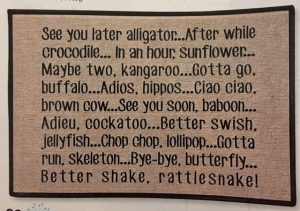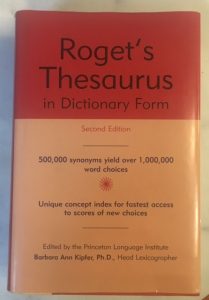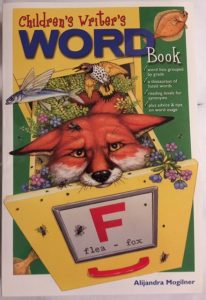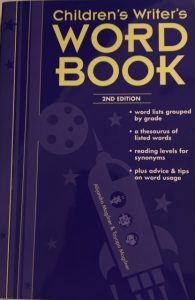Dialogue is essential to every genre of fiction; however, sometimes it’s hard to get it just right. Bad dialogue can trip up a reader, and sometimes doing so will make them want to stop reading altogether. That being said, here are a few dialogue dos and don’ts that can help you with writing speech:
Do
- Try breaking up characters’ dialogue with action. Full pages of dialogue tend to make the reader’s mind wander (that being said… don’t overdo dialogue tags, e.g. said, exclaimed, whispered).
- Do research. Sit in a coffeehouse, restaurant, movie theater, etc. and listen to the conversations around you (make sure you’re not caught!). This can help you establish natural ways of speaking without needing to rack your brains.
- Read your dialogue out loud and act it out if necessary. Does it feel unnatural? Edit it out.
Don’t
- Don’t have characters tell each other things they already know just because the reader doesn’t know those things. For example, if two sisters are talking, it’s highly unlikely that one would say, “When Mom and Dad adopted our brother John, I was devastated.” Find another way to convey relevant relationships or bits of backstory to the reader.
- Don’t have an exchange between two people weighed down by repeatedly calling each other by name. “Hello, John.” “Hi, Sharon.” “How are you doing, John?” “Oh, Sharon, I am so low I have to reach up to touch bottom.”
- Don’t put in greetings and leave-takings that are pro-forma, tell us nothing about the characters, or don’t move the story forward. Just because they would happen in real life doesn’t mean that every amenity has to be spelled out to the point of diluting the scene.
There are many more resources online that can help you with writing dialogue. Check them out for more inspiration!











